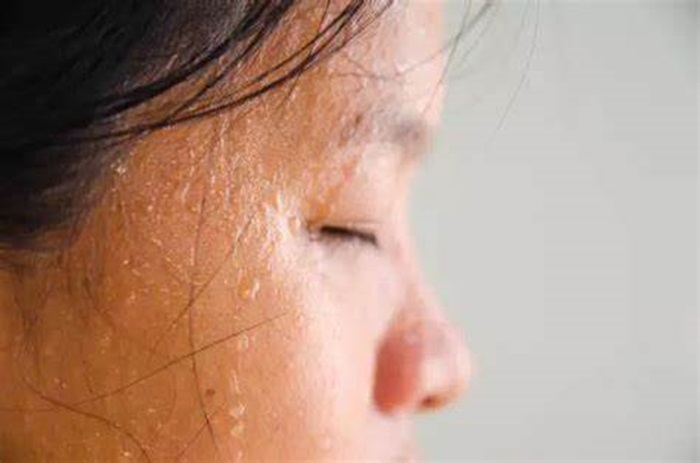Anxiety and night sweats are two common symptoms that can often occur together. Night sweats are episodes of excessive sweating that occur during sleep, while anxiety is a feeling of worry, nervousness, or unease. While night sweats can be caused by a variety of factors, including menopause and certain medical conditions, anxiety can also contribute to this symptom. In this article, we will explore how to stop anxiety night sweats naturally and what steps you can take to manage these symptoms.
What causes anxiety night sweats?
Anxiety night sweats can be caused by several factors. Anxiety can cause the body to produce excess sweat, which can lead to night sweats. Additionally, anxiety can disrupt sleep patterns, which can also contribute to night sweats. Certain medications used to treat anxiety, such as selective serotonin reuptake inhibitors (SSRIs), can also cause night sweats as a side effect.
How to stop anxiety night sweats
Practice relaxation techniques
Relaxation techniques, such as deep breathing, meditation, and yoga, can help reduce anxiety and promote better sleep. These techniques can also help regulate the body’s temperature and reduce the likelihood of night sweats.
Deep breathing: Deep breathing is a simple technique that can be done anywhere, anytime. To practice deep breathing, sit or lie down in a comfortable position. Close your eyes and take a deep breath in through your nose, filling your lungs with air. Hold your breath for a few seconds, then slowly exhale through your mouth. Repeat this process several times, focusing on your breath and letting go of any tension or anxiety you may be feeling.
Meditation: Meditation involves focusing your attention on a specific object, sound, or phrase to calm your mind and reduce anxiety. There are many different types of meditation, but a simple technique is to sit or lie down in a comfortable position and focus on your breath. As you inhale and exhale, repeat a calming phrase to yourself, such as “I am calm” or “I am at peace.”
Yoga: Yoga combines physical postures, breathing techniques, and meditation to promote relaxation and reduce anxiety. There are many different types of yoga, but gentle, restorative yoga poses can be particularly helpful for reducing anxiety and promoting better sleep. Some examples of restorative yoga poses include child’s pose, legs up the wall pose, and reclining bound angle pose.
Improve sleep hygiene
Improving sleep hygiene can also help reduce anxiety night sweats. This includes establishing a regular sleep schedule, avoiding caffeine and alcohol before bedtime, and creating a comfortable sleep environment.
Establish a regular sleep schedule: Try to go to bed and wake up at the same time every day, even on weekends. This can help regulate your body’s internal clock and promote better sleep.
Avoid caffeine and alcohol before bedtime: Caffeine and alcohol can interfere with sleep and increase the likelihood of night sweats. Try to avoid consuming caffeine and alcohol in the hours leading up to bedtime.
Create a comfortable sleep environment: Make sure your bedroom is cool, dark, and quiet. Use comfortable bedding and pillows, and consider investing in a high-quality mattress and pillow.
Exercise regularly
Regular exercise can help reduce anxiety and promote better sleep. Exercise can also help regulate the body’s temperature and reduce the likelihood of night sweats. However, it is important to avoid exercising close to bedtime, as this can interfere with sleep.
Stay cool
Keeping the bedroom cool and using breathable bedding can help regulate the body’s temperature and reduce the likelihood of night sweats. Additionally, wearing loose-fitting clothing made of breathable materials can also help reduce night sweats.
Talk to your healthcare provider
If anxiety night sweats persist despite these interventions, it may be necessary to speak with a healthcare provider. They can help determine if there is an underlying medical condition causing the night sweats and provide additional treatment options, such as medication or hormone therapy.
Conclusion
Anxiety night sweats can be a frustrating and uncomfortable symptom to deal with. However, there are several steps that can be taken to manage this symptom, including practicing relaxation techniques, improving sleep hygiene, exercising regularly, staying cool, and speaking with a healthcare provider if necessary. By taking these steps, it is possible to reduce the frequency and severity of anxiety night sweats and improve overall quality of life.
Related topics:


